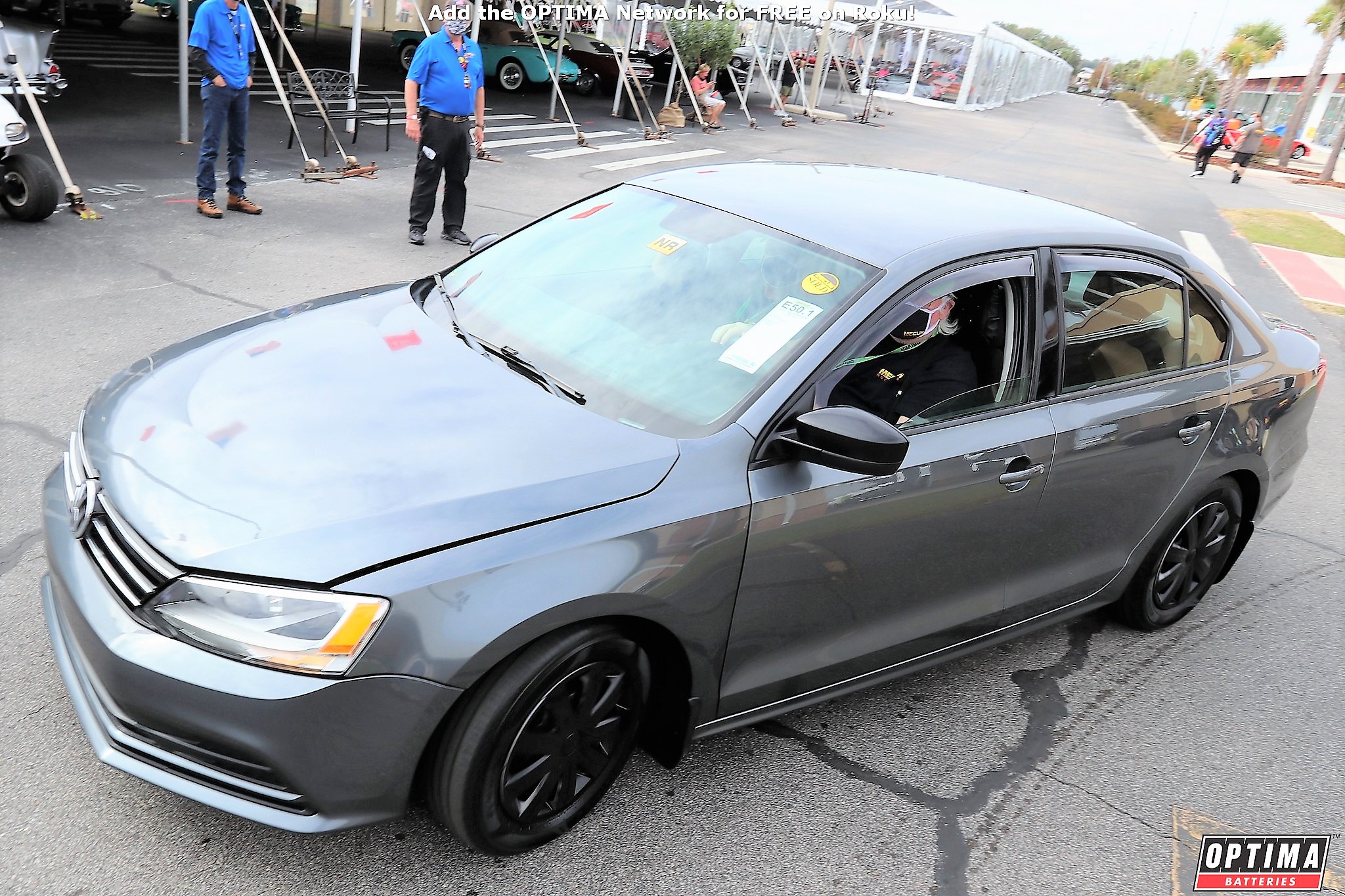Volkswagen Jetta Battery

- Sponsor
- OPTIMA Batteries
- Location
- Glendale, WI


The Volkswagen Jetta is the most-popular VW model being sold today, with over 14 million examples rolling off the production line over the years. Known to be durable vehicles, at some point they'll need to have their batteries replaced. While Volkswagen has offered several different engine options over the years for the Jetta, they've been fairly consistent for quite a while in terms of what battery they use.
All the way through the 1996 model year, most Jettas could get by with very modestly-sized batteries, weighing less than 30 pounds. However, that changed for the 1997 model year Jettas, as Volkswagen decided to upgrade the battery for their diesel-powered cars from a 28-pound Group 42 battery, to a much larger Group H6 (also known as a Group 48) battery. The OPTIMA H6 battery tips the scales at just over 54 pounds, which is more than 94% heavier than the Group 42 battery! Why do many newer VW Jettas use such a heavy battery?
Volkswagen knew what the future held for automotive technology and they knew vehicles of the future would be packed with an increasing number of electrical accessories and features, that would require a more robust battery (some newer vehicles even require the battery to be "registered" with the charging system during installation). One of the newest and most-demanding features of modern Jettas is the start/stop feature found on many late-model Jettas. While this start/stop feature can improve fuel economy, it also requires the battery to start the engine thousands of times more than a traditional engine that stays running until you turn it off with the key.
You may find H6 batteries manufactured by other companies that don't weigh as much as the OPTIMA H6 battery, but that's not necessarily a good thing. The dimensions of the battery case are all about the same size, so why do some other H6 batteries weigh significantly less than the OPTIMA H6 and offer fewer cold cranking amps and less reserve capacity?
All OPTIMA batteries use 99.99% pure virgin lead and those lead plates are mechanically inserted into the battery case during a precise production process, that allows us to maximize the amount of active material in the battery. All of those cells are connected by robust, cast straps, that maximize energy flow into and out of the battery. It's an expensive process that results in a heavier battery, but we know it delivers a superior product that will perform better and last longer.
For the 1998 model year, Volkswagen went with a slightly smaller H5 battery for all of their Jettas, for which we offer a direct-fit upgrade in our DH5 YELLOWTOP. For the 1999 model year and beyond, Volkswagen Jettas may have been equipped with one of three different battery sizes, depending on how the car was optioned. The good news is, Volkswagens typically are equipped with battery trays that can easily accept any of the three battery sizes, between DH5, DH6 and DH7. The bigger the number, the bigger the battery, in terms of size, cranking power, weight and price. We wouldn't recommend using a battery smaller than what came in your Jetta, unless the cranking amps and reserve capacity on the smaller battery are equal to or greater than the battery you are replacing, which is often the case with OPTIMA batteries.
Regardless of the battery you choose for your Jetta, the best thing you can do to maximize battery performance & lifespan is to keep it fully-charged (~13.0-13.2V for our YELLOWTOPs) whenever possible. We're so confident this is the case, we'll add an additional year of free replacement warranty coverage on your OPTIMA battery purchase, if you buy a 1200-series OPTIMA battery charger from us at the same time.
